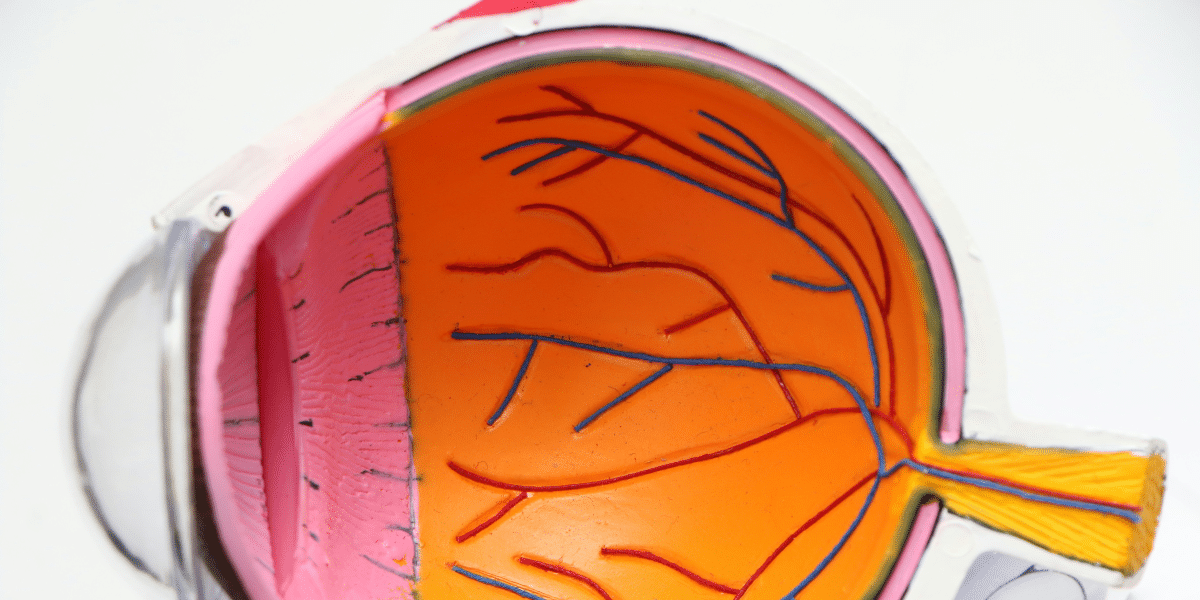By: Hannah Scott
Differing points of view can create conflict as individuals tend to believe their own perspective is the “right” one. We often push our opinions onto others to feel more secure in our personal beliefs, leading to mudslinging or even violence. With the rise of the internet, it’s easier than ever to confuse opinions with facts, leading many to adopt ideas without fully understanding or questioning them. This trend also contributes to a larger issue: the systemic silencing of young voices.
Nora C. Meléndez, an author and mom based in Silicon Valley, came to the United States as a 5-year-old from rural Mexico. As an immigrant kid, Nora was expected to finish school, have a decent career, and settle into a better life.
And for the next twenty-five years, everything went relatively well—until the winter of 2018 when she came face to face with a cold beast.
Her partner came into conflict with the United States Immigration and Customs Enforcement (ICE) agency. The government was determined to deport him quickly and efficiently, with little consideration for his family and community.
The Fight of Their Lives
Like countless other hopefuls at America’s doorstep, Sergio was undocumented but driven by a dreamer’s pursuit of a better life. “Sergio was detained for eight months. We fought daily for his safe return. With the help of twelve non-profit organizations, we won more time, and he came home in July 2019 to continue the fight from home,” Nora recalled.
Once together again, Nora and Sergio began their unique and unified advocacy journey.
For the next six years, they worked with local immigrant rights organizations and stopped ICE transfers of their community members to ICE in their county. “This was a clear confirmation that we were on the right path,” she said.
Keeping Hope Alive
The University of Michigan conducted a study on developmental psychology titled “Children’s Reasoning About Distributive and Retributive Justice Across Development.”
“From this study, we can see how justice may mean different things to different people, and it starts from a young age,” Nora explained.
The different understanding at each stage may create a disconnect between an opinion and a fact. Combined with all the other available distractions that deplete our focus, we may find it impossible to make sense of our world.
By adulthood, our attention becomes too scattered, to the point where we lack the tools to detangle the political landscape on our own. That’s why conversations about big or small issues must happen early and organically. Any teacher or grownup can help create and maintain a safe space for these important discussions.
“Adults can be a living example of a democratic mindset. Sometimes, this is challenging, but with commitment, it can become a natural and fun habit that will create strong bonds of trust with children,” Nora shared.
“Primarily, having genuine interest and curiosity, without judgment, for the kid’s point of view will help build that necessary level of trust,” she added.
Democracy can seem like a big word for a five-year-old, but engaging with kids matters if we want to build a future where the next generation has the freedom to express themselves openly. Breaking the big questions into kid-size portions, with patience and consistency, will help build more self-awareness and self-esteem in kids.
“At first, I would lament that my kids were too little to hold significant conversations with me. Then, I changed my point of view. I began by building my own vocabulary of feelings and needs as they learned the same in pre-school,” Nora explained.
“It’s not a kid’s job to comply with rules, as much as the adult’s responsibility to understand how to relate to children. Then, to co-create a more democratic system in their spaces so that peaceful resolutions to issues can be reached. Grownups can learn to communicate their feelings and needs as kids learn the basics of democracy with empathy,” Nora offers.
Practicing empathy can be as simple as a five-minute check-in after school. That the adult shows genuine interest, without an agenda, is the first baby step toward building trust. Since social issues impact everyone differently, each conversation will vary. That’s good because true democracy thrives on celebrating differences through creativity, curiosity, and respect. And it can all start with just a brief daily chat about any subject.
Finally, Nora affirms, “I learn a little more every day from my kids. I am their student as we now co-create a safer world for all of us. Helping kids learn and maintain tools to express themselves with confidence and authenticity is one key to positive change.”
Published by: Khy Talara






